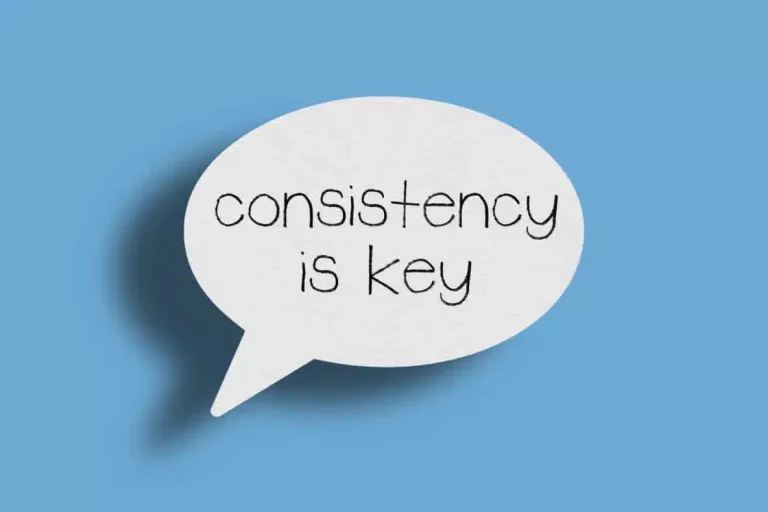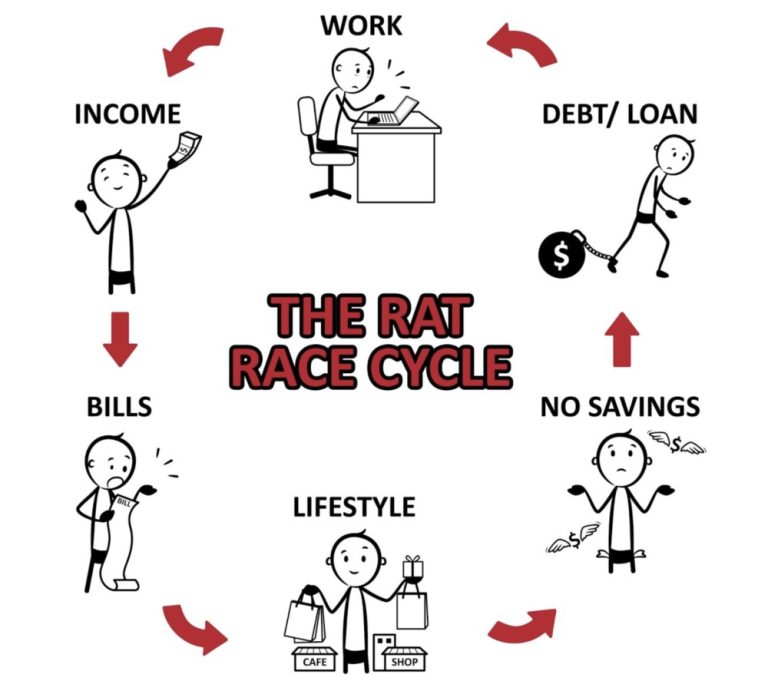In the pursuit of success and personal growth, our mindset plays a pivotal role. It shapes the way we perceive challenges, setbacks, and even our own abilities. Within the realm of mindset, two contrasting philosophies emerge: growth mindset and fixed mindset. This article aims to explore the fundamental differences between these mindsets and the impact they can have on our lives.
Understanding Growth Mindset: A growth mindset is centered around the belief that our abilities and intelligence can be developed through dedication, effort, and continuous learning. Those with a growth mindset see challenges as opportunities for growth, embrace feedback, and view failures as stepping stones towards success. They understand that with perseverance and a willingness to learn, they can improve and achieve their goals.
Embracing Challenges: Individuals with a growth mindset thrive on challenges. They understand that through facing challenges head-on, they can expand their knowledge, skills, and abilities. Challenges are seen as a chance to learn and improve, rather than as roadblocks. This mindset fosters resilience, determination, and a sense of empowerment.
Embracing Failure: One of the defining characteristics of a growth mindset is the ability to view failure as a valuable learning experience. Rather than being discouraged by setbacks, individuals with a growth mindset use them as opportunities for self-reflection and growth. They understand that failure is not a reflection of their worth, but a natural part of the learning process.
Embracing Effort: A growth mindset emphasizes the importance of effort and hard work. Individuals with this mindset believe that their abilities can be developed through deliberate practice and perseverance. They are willing to put in the time and effort required to achieve their goals, knowing that progress is not always linear and that setbacks are a part of the journey.
Understanding Fixed Mindset: In contrast, a fixed mindset is rooted in the belief that our abilities and intelligence are fixed traits that cannot be significantly changed. Those with a fixed mindset tend to avoid challenges, fear failure, and may view effort as pointless if they believe they lack innate talent. This mindset can limit personal growth and hinder success.
Avoiding Challenges: Individuals with a fixed mindset often shy away from challenges. They fear the possibility of failure and feel threatened by situations that may expose their perceived weaknesses. This fear of failure can lead to a stagnant comfort zone, where growth and development are stifled.
Avoiding Failure: Failure is seen as a personal reflection of their abilities for those with a fixed mindset. They may interpret setbacks as evidence of their limitations, leading to a fear of taking risks and trying new things. This fear can prevent them from reaching their full potential.
Avoiding Effort: A fixed mindset often discourages individuals from putting in the effort required to achieve their goals. They may believe that talent alone is the determining factor in success and that hard work will yield little to no results. This mindset can lead to a lack of motivation, as the belief in innate abilities becomes a self-imposed limitation.
Embracing a Growth Mindset: Developing a growth mindset is a journey that requires self-awareness and a willingness to challenge our beliefs. By adopting a growth mindset, we open ourselves up to a world of possibilities. We can embrace challenges, learn from failures, and put in the effort required to achieve our goals. With a growth mindset, we can unlock our true potential and pave the way for personal and professional success.
The power of mindset cannot be understated. Whether we choose to embrace a growth mindset or remain trapped in a fixed mindset, our beliefs shape our reality. By cultivating a growth mindset, we can overcome obstacles, learn from failures, and continuously develop our abilities. Let us choose the path of growth, embrace challenges, and unlock our full potential.




Every one has the potential to concur their own mindset.
Thanks you- it’s awesome
Its amazing nd very useful information.
I am sure this article has touched all the internet viewers, its really really nice
paragraph on building up new website.
Very powerful…that we must be risk takers inorder to succeed.The higher the risk the higher the returns!
Thanks for the info
Every successful entrepreneur needs a growth mindset attitude always
Concrete Information that is helpful
It is imperative to have a growth mindset as opposed to fixed mindset because facing challenges and overcoming them can make us become good entrepreneurs who are able to assess businesses with abilities to try new ideas and take risks which will eventually lead to successfully businesses when we concur obstacles and failures
Mindset training is another crucial aspect of mindset growth.Hear that which aligns to your vision.Powerful visions also dont succumb to failure for failure gets you to know exclusions in your set of success chances.It also has to do with powerful declarations such as I am a winner.Growth mindset never settles for peoples opinions especially those who carry negative energy.Growth mindset will continue to grow for it always carry thirst growth.